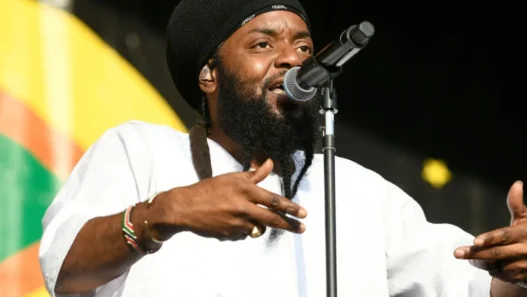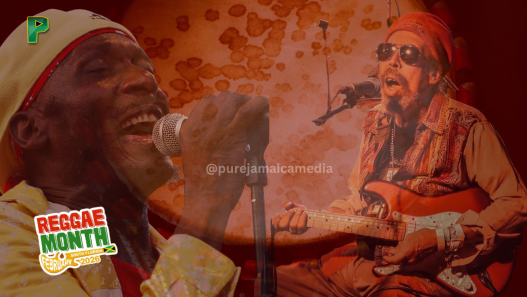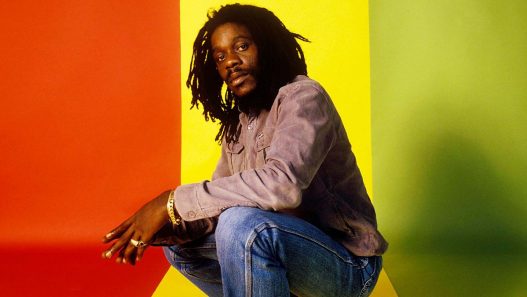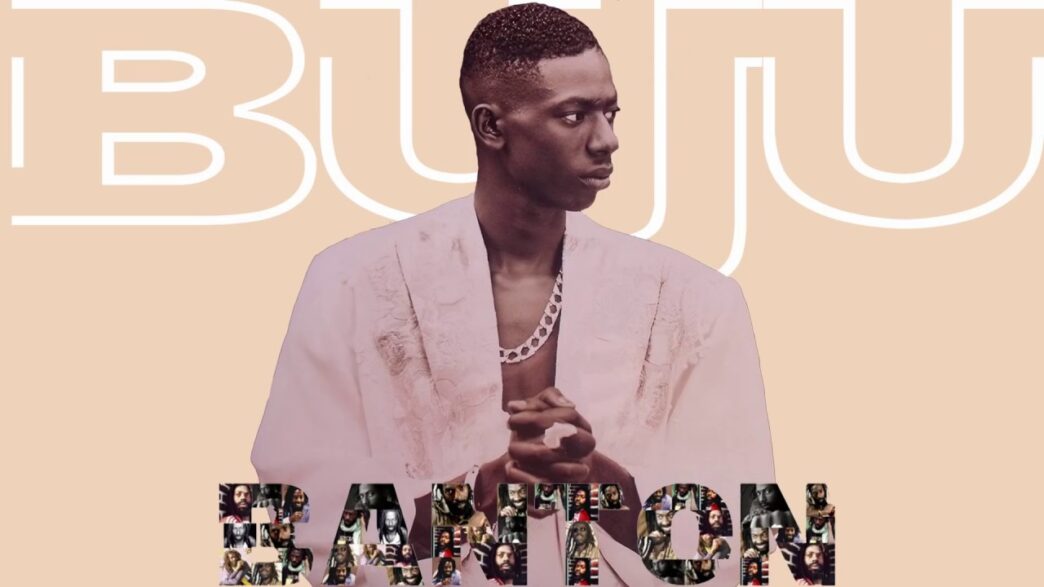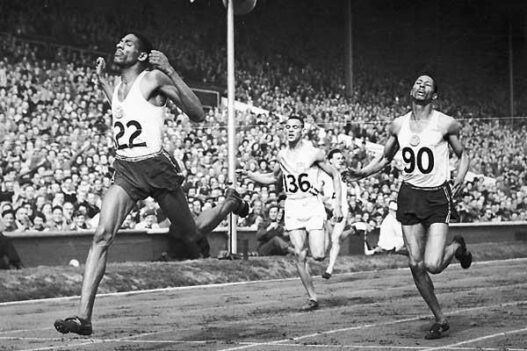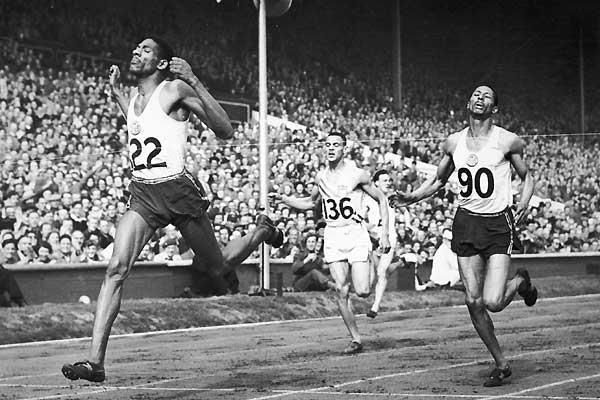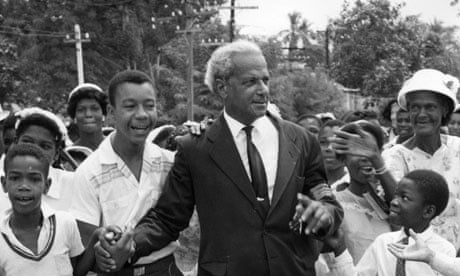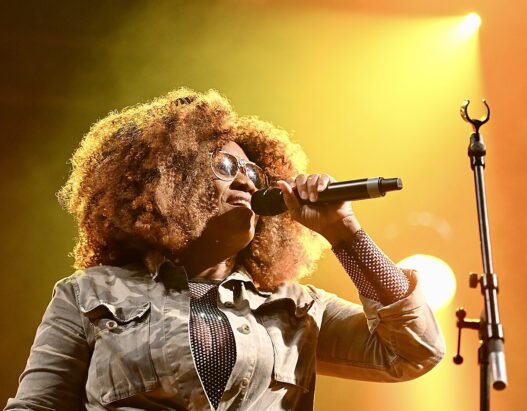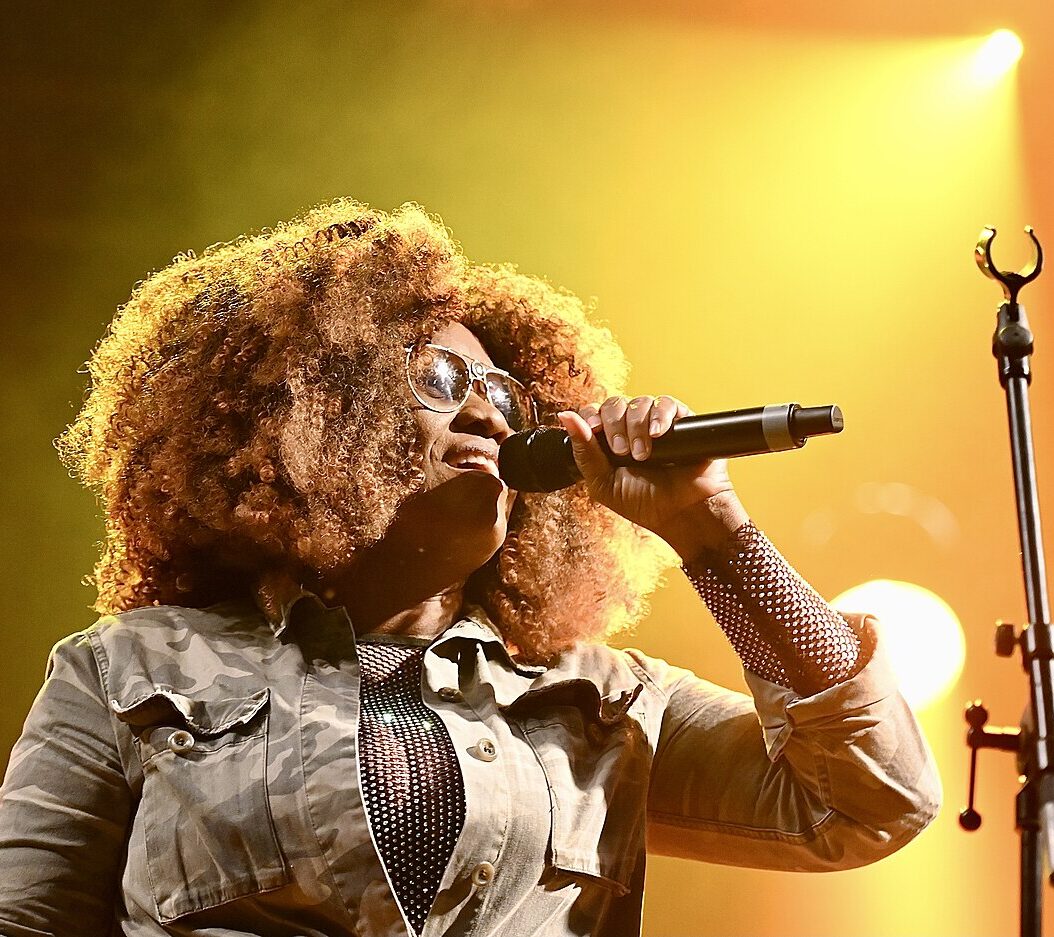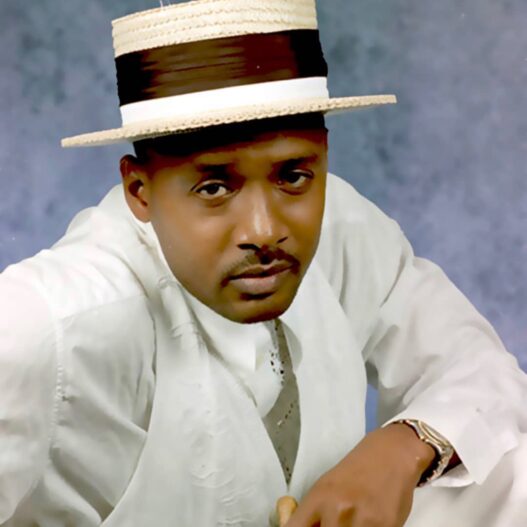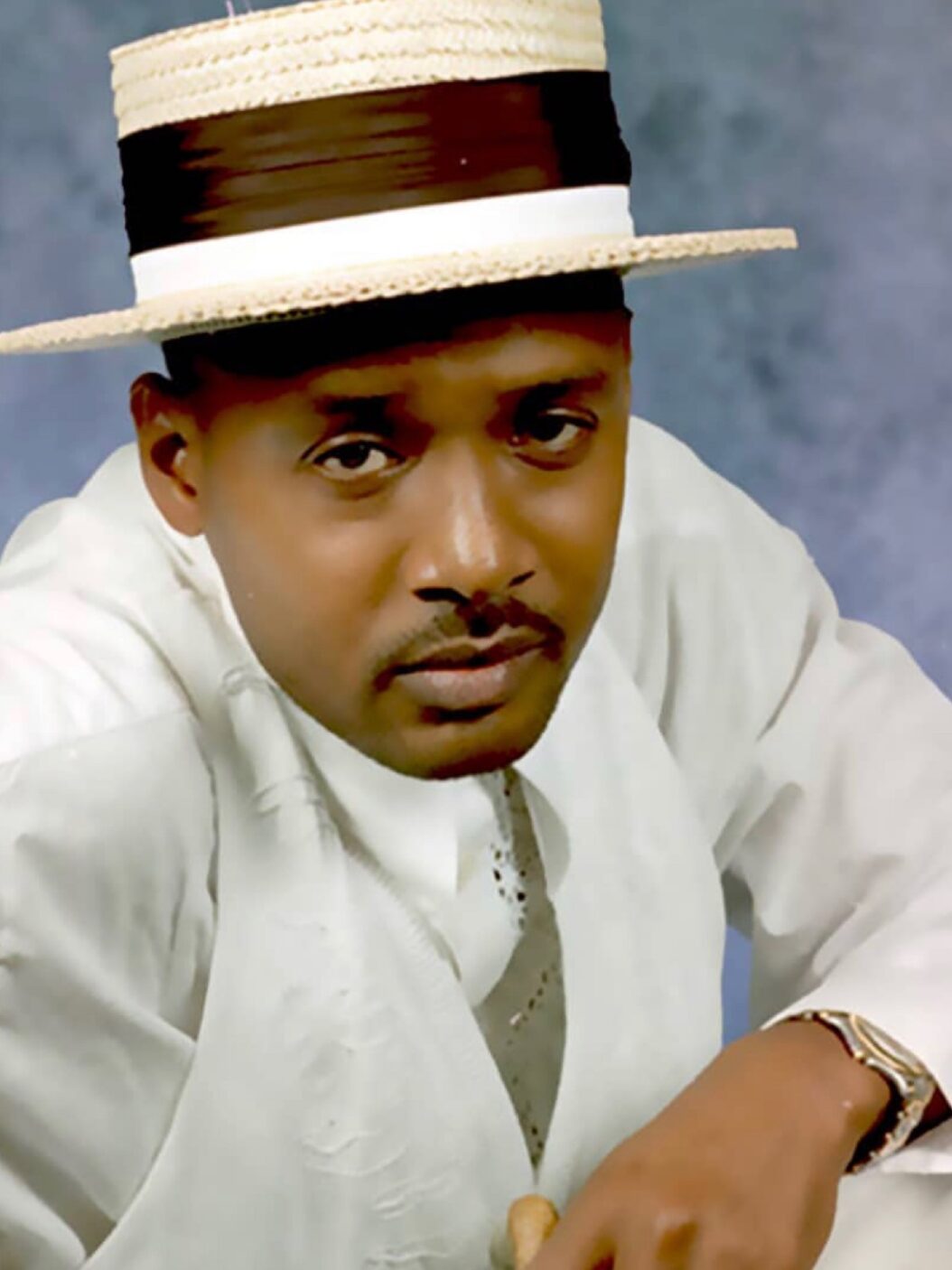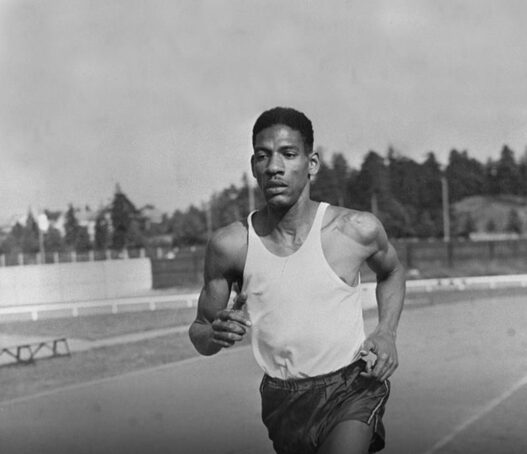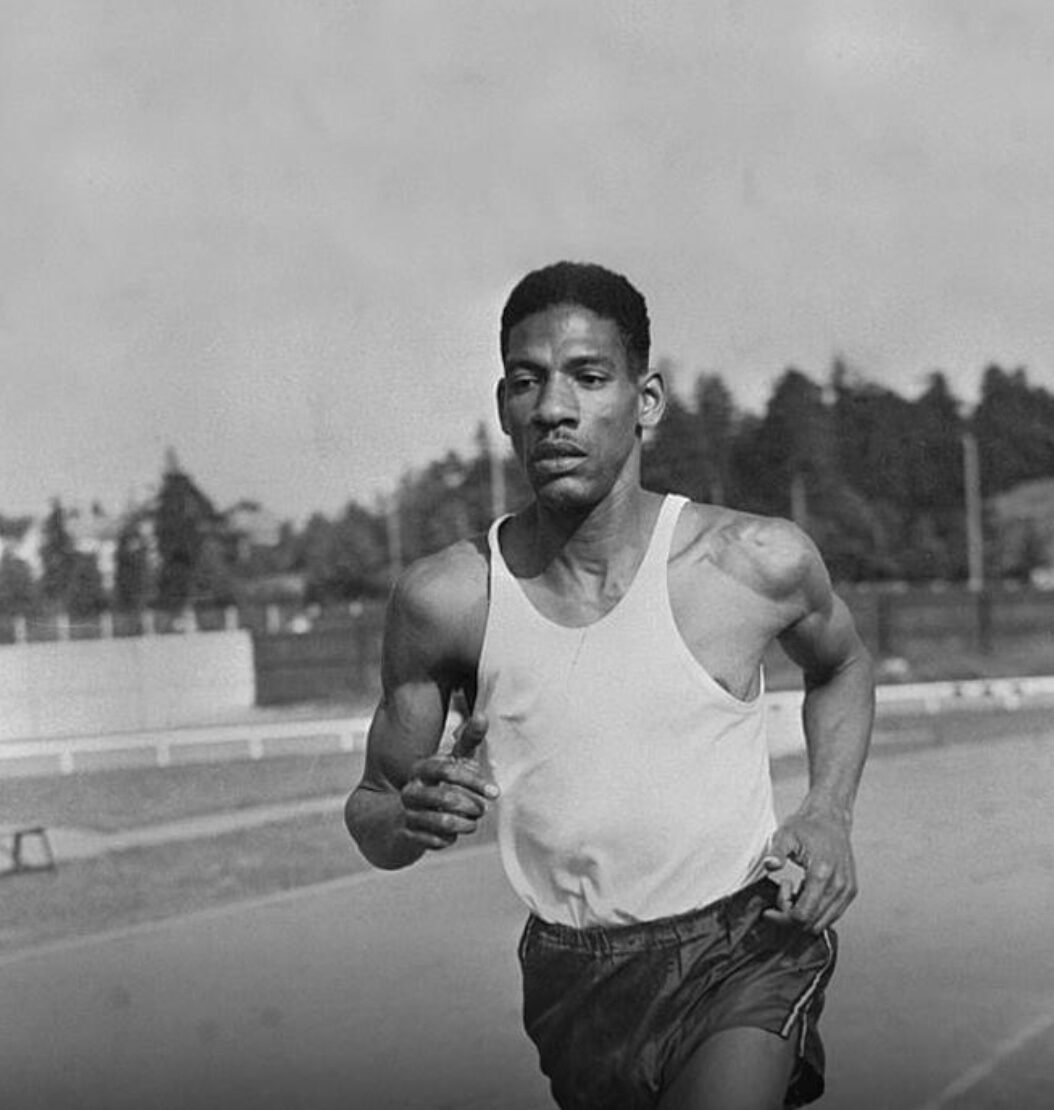Mark Anthony Myrie, known by his stage name Buju Banton, is a Jamaican dancehall, ragga, and reggae singer. With his unique style and powerful voice, Banton has become one of the most significant and well-regarded artists in Jamaican music history.
Banton’s musical journey began in Kingston, Jamaica, where he was born on July 15, 1973. Growing up in an area known as Barbican Road, he was exposed to the vibrant music scene of the city from a young age. As a child, Banton would often watch his favorite artists perform at outdoor shows and local dancehalls in Denham Town.
At the age of 12, Banton took the microphone for himself and began toasting under the moniker of Gargamel. He worked with the Sweet Love and Rambo Mango sound systems, honing his skills and developing his distinctive style. His rough vocals and forceful delivery drew inspiration from the deejay Burro Banton, whom he admired as a child.
Banton’s talent caught the attention of producer Robert Ffrench, who introduced him to the music industry. In 1987, Banton released his first single, “The Ruler,” which marked the beginning of his recording career. He went on to collaborate with renowned producers such as Patrick Roberts, Bunny Lee, Winston Riley, and Digital B.
In 1991, Banton joined Donovan Germain’s Penthouse Records label, where he formed a fruitful partnership with producer Dave Kelly. This collaboration led to major chart success in 1992, with hits like “Bogle” and “Love Me Browning.” However, controversy surrounded the latter song, as some accused Banton of denigrating darker-skinned black women. In response, he released “Love Black Woman” to express his love and respect for all women.
That same year, Banton’s career reached new heights as he broke Bob Marley’s record for the most number one singles in Jamaica. His debut album, “Mr. Mention,” featured many of his greatest hits from that year, including the popular track “Bonafide Love” featuring Wayne Wonder.
However, 1992 also brought a setback for Banton. An unsanctioned re-release of his controversial song “Boom Bye Bye,” recorded when he was 15 years old, led to a backlash that threatened to destroy his career. Banton later issued a public apology, acknowledging the offensive nature of the song.
Undeterred, Banton signed with the major label Mercury Records and released “Voice of Jamaica” in 1993. The album showcased a more conscious and socially aware side of the artist. Tracks like “Deportees” criticized Jamaicans who went abroad without supporting their home country, while “Tribal War” condemned political violence.
Banton’s transformation continued with the release of his influential album “Til Shiloh” in 1995. Embracing his Rastafari faith, the album incorporated live instrumentation and blended conscious lyrics with a hard-hitting dancehall vibe. It included hits like “Murderer,” which condemned gun violence, and “Wanna Be Loved.”
Throughout his career, Banton has collaborated with international artists from various genres, including hip hop, Latin, and punk rock. He has also won several awards, including a Grammy for Best Reggae Album in 2010 for “Before the Dawn.”
In 2009, Banton faced legal troubles when he was arrested for cocaine trafficking charges in the United States. After a hung jury in his first trial, he was convicted in 2011 and sentenced to prison. Banton served his sentence until December 2018 when he was released and deported back to Jamaica.
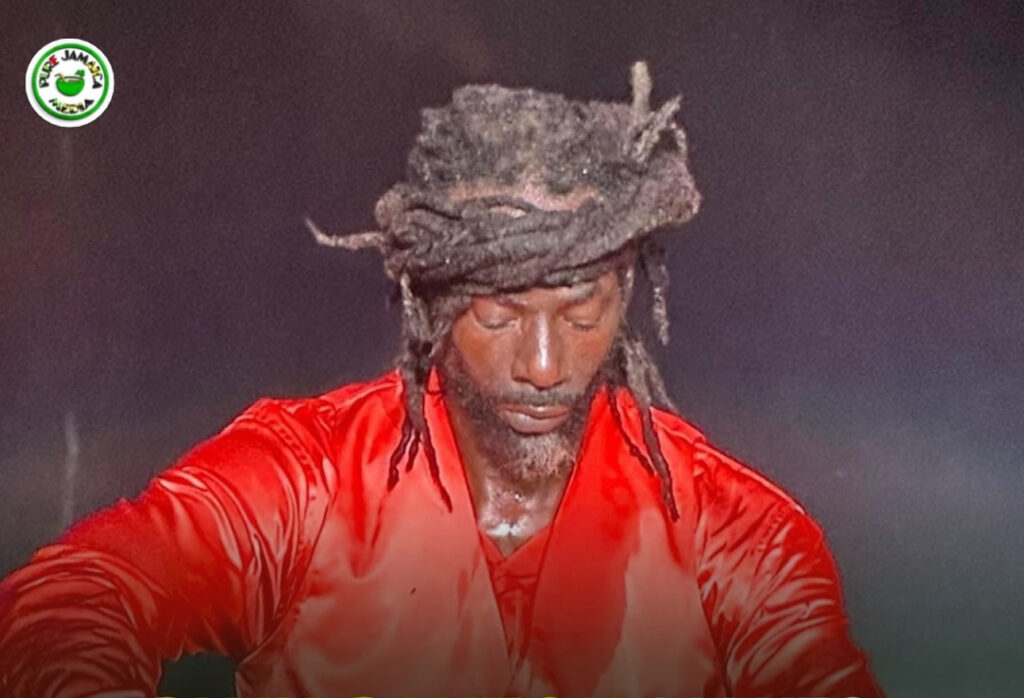
Today, Buju Banton remains a respected figure in the music industry. His impact on Jamaican music is undeniable, and his journey serves as a testament to his resilience and determination. With homes in Jamaica and Tamarac, Florida, Banton continues to create music and connect with his audience.
For more information about Buju Banton and other Jamaican music icons, visit Pure Jamaica Media at www.purejamaicamedia.com




